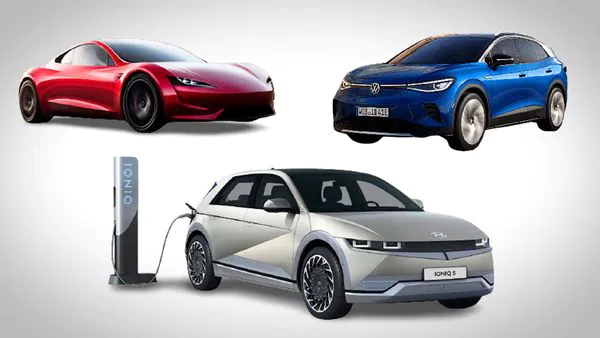Electric Vehicles (EVs) have become a hot topic. While traditional fuel vehicles have dominated the market for decades, the rise of electric vehicles has sparked a debate on which is the better option. In this article, we will compare electric vehicles and fuel vehicles to determine their respective advantages and disadvantages.
Emissions
One of the most significant advantages of electric vehicles over fuel vehicles is their significantly lower emissions. Electric vehicles produce zero tailpipe emissions, which means that they emit no pollutants directly into the air. On the other hand, fuel vehicles rely on gasoline or diesel, which produce significant amounts of pollutants, including carbon monoxide, nitrogen oxides, and particulate matter.
Reduced emissions from electric vehicles have a positive impact on the environment, as they can help reduce air pollution and greenhouse gas emissions, which can be harmful to the environment and human health. Electric vehicles can help combat climate change, whereas fuel vehicles contribute to it.
Cost
Electric vehicles are typically more expensive than fuel vehicles, although their costs have been declining over time. This is due in part to the high cost of battery technology, which is a critical component of electric vehicles.
However, the cost of ownership for electric vehicles can be significantly lower than that of fuel vehicles. Electric vehicles are more energy-efficient than fuel vehicles, which means that they require less maintenance and fuel. Additionally, electric vehicles are eligible for tax incentives and rebates in many countries, which can offset the initial cost of purchasing an electric vehicle.
Range
The range of electric vehicles is a critical factor to consider when comparing electric vehicles and fuel vehicles. Fuel vehicles can travel long distances on a single tank of gas, while electric vehicles typically have a more limited range. However, electric vehicle technology has been improving rapidly, and many electric vehicles can now travel over 200 miles on a single charge.
The range of an electric vehicle depends on several factors, including driving conditions, terrain, and temperature. Electric vehicles tend to have shorter ranges in cold temperatures and at high speeds.
Charging
One of the most significant disadvantages of electric vehicles compared to fuel vehicles is the time required to charge the battery. While fuel vehicles can be refueled in a matter of minutes, electric vehicles require several hours to charge fully.
However, charging infrastructure has been expanding rapidly, and it is now easier than ever to find charging stations in many areas. Additionally, many electric vehicle owners charge their vehicles overnight, which can be more convenient than stopping at a fuel station during the day.
Electric vehicles and fuel vehicles each have their advantages and disadvantages, and the choice between the two ultimately depends on the individual’s needs and preferences. Electric vehicles are more environmentally friendly, cost less to operate over time, and require less maintenance, while fuel vehicles have a longer range and can be refueled more quickly. As technology continues to improve, it is likely that electric vehicles will become more competitive with fuel vehicles in terms of range and charging time, making them an increasingly attractive option for consumers.







https://socialioapp.com/story3724130/Купить-fendi